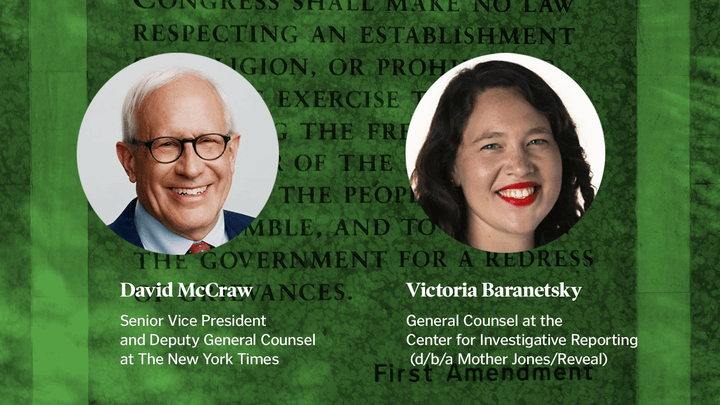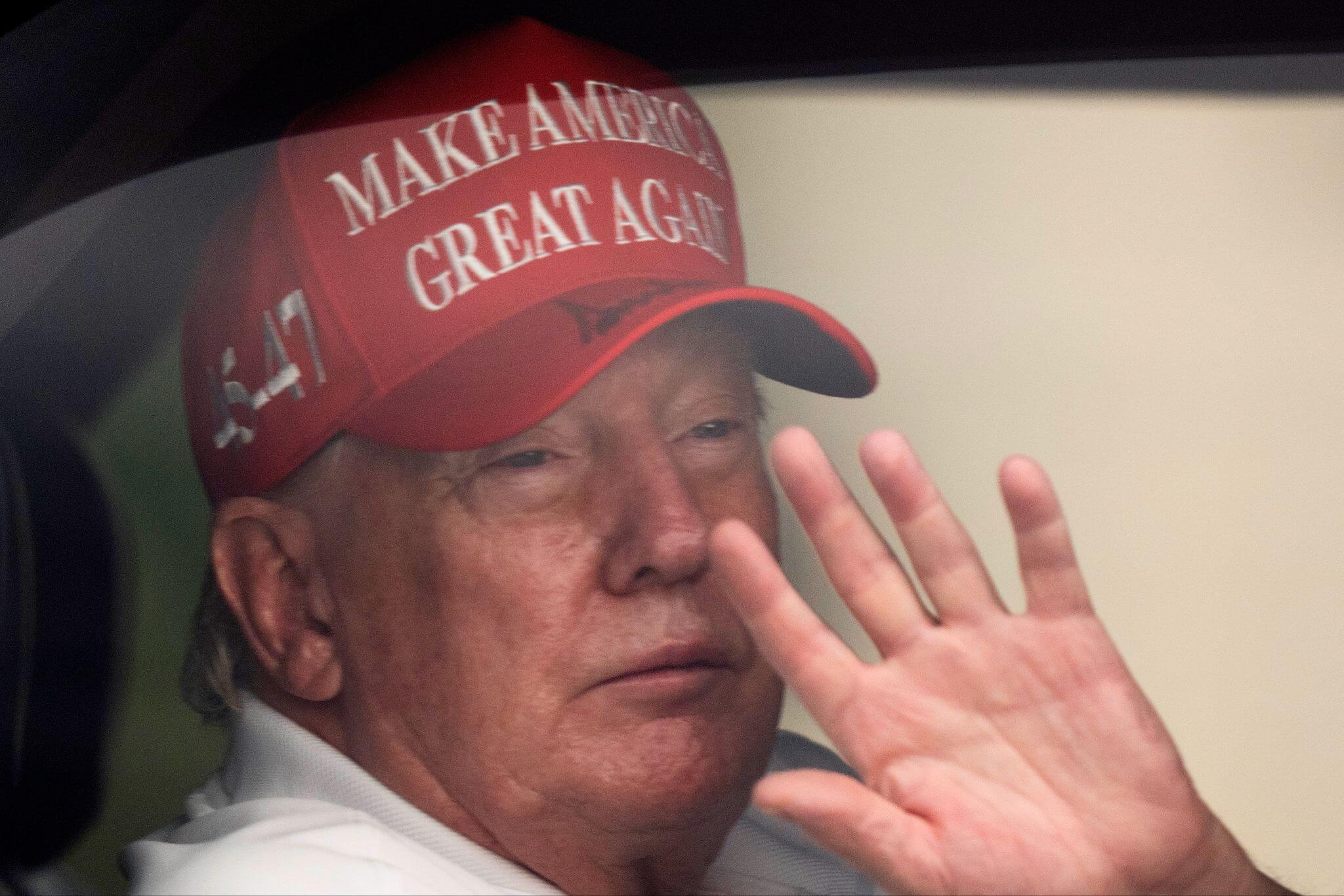In a briefing Monday, White House press secretary Josh Earnest criticized a Washington Post story for relying on anonymous sources. According to a transcript of the briefing, McClatchy reporter Anita Kumar pushed back at Earnest, noting that the Post didn’t have anyone at the briefing to defend the story.
“I noticed that, too,” Earnest said.
Earnest later allowed that there were people on the record in the story, which says White House aides knew a year ago that a crisis was developing on the U.S.-Mexico border, but they instead “focused much of their attention on political battles, such as Obama’s 2012 reelection campaign and the push to win congressional support for a broad immigration overhaul, that would have been made more difficult with the addition of a high-profile border crisis.”
“[Y]ou criticize anonymous sources, but we have anonymous sources from you all every day,” Kumar said.
“I’m not suggesting that they shouldn’t run their story,” Earnest said of the Post. “It’s not my place to suggest that the people who represent that empty seat right there can make their own decisions about what stories to run. They’re entirely entitled to doing that.” He continued:
What I think is important is that greater weight should be granted to those who are willing to put a face and a name with specific claims. Cecilia Munoz, who’s the president’s top immigration adviser, is in that story, conveying exactly the White House position. And I’ve spent the last hour in here talking to all of you because of putting my face and my name with this administration’s positions.
And in the course of reporting, I think it’s important, based on my own personal view, for those kinds of quotes and those kinds of stories to be given greater weight than just anonymous sources.
AP reporter Julie Pace asked: “So, Josh, would you guys commit then, when you have situations like today’s call, which is people specifically picked by the White House to roll out a policy of the White House, would you commit to have those people speak on the record?”
“Well,” Earnest replied, “I — what I will commit to is a case by case evaluation of — of the background or the ground rules of each of these kinds of calls and a commitment to an open dialogue with you about the ground rules that will serve your interests and the White House interests the best.”
Cameron Barr, national editor at the Post, responded to Earnest’s criticism in an email to Poynter:
Josh Earnest says that that we gave greater weight in our story to “anonymous outside voices,” as opposed to “on the record sources from the White House,” but the criticism doesn’t make sense. The lead anecdote is on the record; the first quote comes from a named former Border Patrol official. His quote is closely followed by lengthy quotes from domestic policy adviser Cecilia Munoz. One of the most prominent outside voices in the piece is that of Michelle Brané, director of migrant rights at the Women’s Refugee Commission, and she is of course quoted by name.
We are sometimes compelled to rely on background sources with knowledge of internal deliberations – that is one of the best means available to hold the administration and other powerful institutions to account. We press sources to speak for the record whenever possible, but they are often unwilling to risk their livelihoods in order to make their views known.
As to our chair being empty today – we staff the briefing very consistently. On the rare occasion when we are not there, as was the case today, we cover the briefing remotely.
New York Times reporter Peter Baker noted on Twitter that the exchange came at an awkward time:
.@PressSec condemns anonymous sources. Just arriving in email: White House invitation to reporters for call with anonymous admin officials.
— Peter Baker (@peterbakernyt) July 21, 2014






Comments